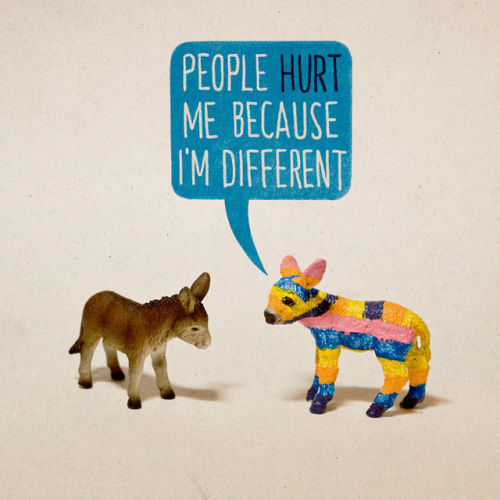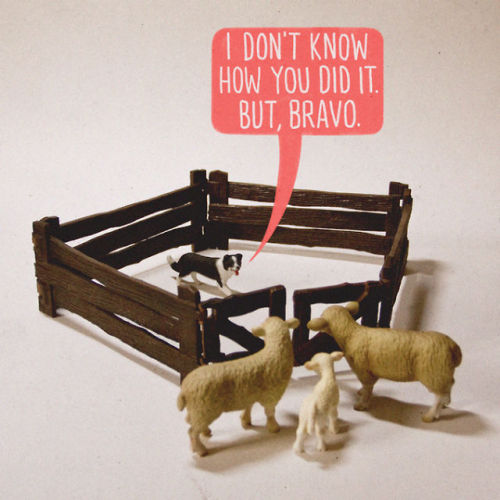









 As China moves forward with a plan to move 250 million people to cities, officials developed a need to keep track of how many people are still in rural areas. The problem was that local data from the provinces is unreliable, so instead they use what they call a "pickle index" which banks on the correlation between the amount of pickles eaten by rural residents and population.
As China moves forward with a plan to move 250 million people to cities, officials developed a need to keep track of how many people are still in rural areas. The problem was that local data from the provinces is unreliable, so instead they use what they call a "pickle index" which banks on the correlation between the amount of pickles eaten by rural residents and population.
According to the South China Morning Post, the country’s National Development and Reform Commission has found that sales of zha cai, a pickled mustard tuber, provide a better guide to population flows than often unreliable provincial statistical data. As an unnamed planner explained to the Economic Observer:
"Under normal circumstances, urban consumption levels of convenience foods such as instant noodles and pickled mustard is essentially constant. Therefore, we can assume that volume changes are mainly caused by a city’s floating population."
Maybe we can work out a hot dog index for the US. [via Waxy]
A new paper by Federico Varese and Paolo Campana looks at police-intercepted phone data on the Italian and Russian mafia to study how criminals cooperate. In ”Cooperation in Criminal Organizations: Kinship and Violence as Credible Commitments” (abstract; PDF), they find that sharing information on violent acts increased cooperation. Varese writes to us in an email: “The idea is that criminals might trust each other more after they have shared compromising information on themselves and especially have used violence together, an insight from Thomas Schelling that we test and found to be correct.”
The abstract:
The paper argues that kinship ties and sharing information on violent acts can be interpreted as forms of ‘hostage-taking’ likely to increase cooperation among co-offenders. The paper tests this hypothesis among members of two criminal groups, a Camorra clan based just outside Naples, and a Russian Mafia group that moved to Romein the mid-1990s. The data consist of the transcripts of phone intercepts conducted on both groups by the Italian police over several months. After turning the data into a series of network matrices, we use Multivariate Quadratic Assignment Procedure to test the hypothesis. We conclude that the likelihood of cooperation is higher among members who have shared information about violent acts. Violence has a stronger effect than kinship in predicting tie formation and thus cooperation. When non-kinship-based mechanisms fostering cooperation exist, criminal groups are likely to resort to them.